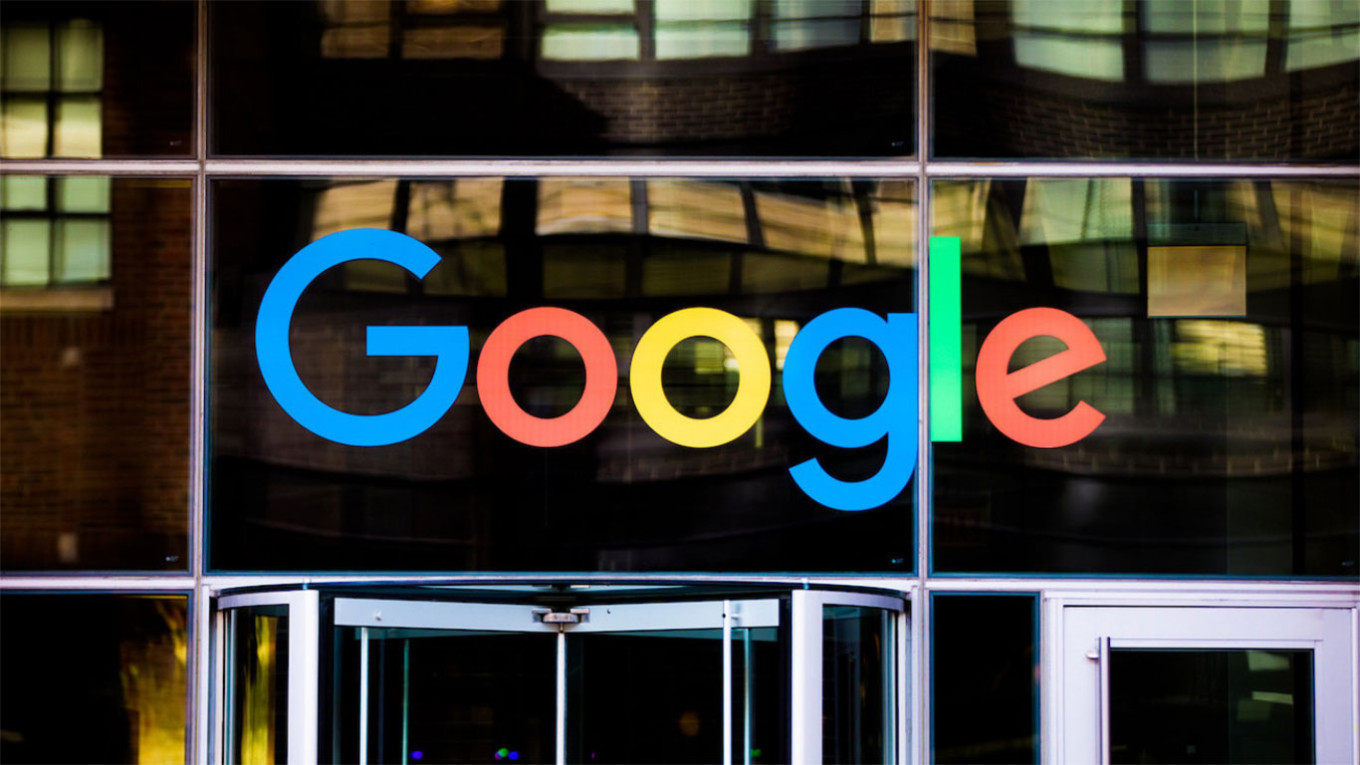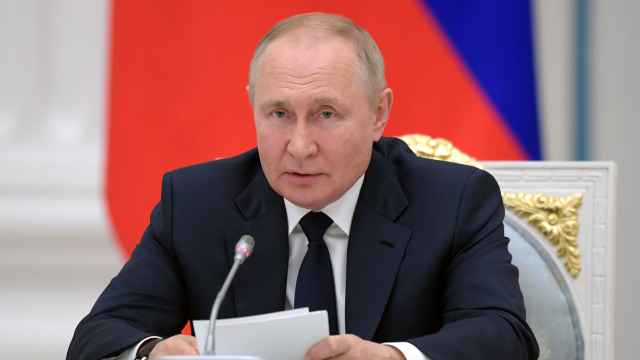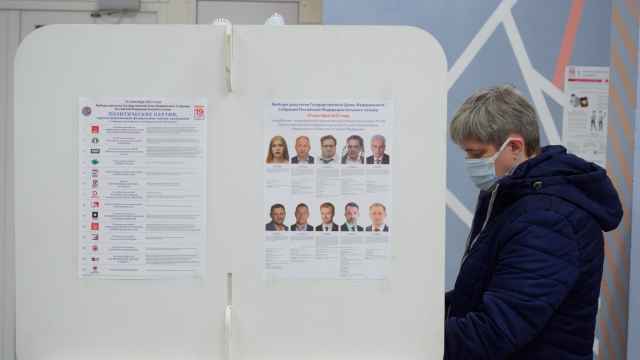Google has started blocking its popular workplace apps for Russian companies under U.S. sanctions, the Kommersant business daily reported Friday, citing anonymous sources at two major IT companies.
Around 30% of Russian companies’ corporate information is stored on Google Workspace services, which include Gmail, Docs, Sheets, Drive and other cloud-based tools, according to one of the sources’ estimates.
Kommersant’s report did not specify how many of the 1,400 Russian entities under U.S. sanctions have lost access to Google Workspace as a result of the ban.
Alphabet Inc.’s Google told Russian IT firms in a newsletter that it imposed the restrictions due to “spam,” one source told Kommersant without naming who sent the unsolicited messages.
An anonymous source close to Google said there were no “deliberate” changes in access to Workspace apps in Russia, while Google Workspace’s Russian distributor Softline has not yet witnessed a “surge” in restrictions, according to Kommersant.
Google Workspace mainly enjoys popularity among small and medium-sized businesses in Russia, according to Yevgeny Fenyushin, product manager of the Russian online productivity suite My Office.
“Companies in these segments continue to use foreign services despite geopolitical changes” in Russia’s relations with the West after invading Ukraine, Fenyushin told Kommersant.
“Users are used to working on them.”
Experts who spoke with Kommersant highlighted the risk that Russian businesses — and not just state entities — face in losing access to corporate information.
“Many organizations are delaying the switch to alternative workspaces, such as [Russia’s domestic tech giant] Yandex, hoping that Google will warn them about the ban in advance,” said one of Kommersant’s sources.
As part of its push to create a "sovereign internet," Moscow has sought to replicate the kind of online services that Google provides, though experts have expressed skepticism that domestic alternatives are viable in the long term.
In response to the Russian invasion of Ukraine, Google in the spring of 2022 banned sanctioned Russian companies from its Google Play app store and suspended advertising and payment-based services in Russia.
The U.S. giant’s Russian arm filed for bankruptcy around the same time, citing multi-billion-ruble fines for failure to remove content banned in Russia.
Even before invading Ukraine, Russia had amplified pressure on U.S.-based tech giants for what it calls interference in its domestic politics and a range of other infractions.
A Message from The Moscow Times:
Dear readers,
We are facing unprecedented challenges. Russia's Prosecutor General's Office has designated The Moscow Times as an "undesirable" organization, criminalizing our work and putting our staff at risk of prosecution. This follows our earlier unjust labeling as a "foreign agent."
These actions are direct attempts to silence independent journalism in Russia. The authorities claim our work "discredits the decisions of the Russian leadership." We see things differently: we strive to provide accurate, unbiased reporting on Russia.
We, the journalists of The Moscow Times, refuse to be silenced. But to continue our work, we need your help.
Your support, no matter how small, makes a world of difference. If you can, please support us monthly starting from just $2. It's quick to set up, and every contribution makes a significant impact.
By supporting The Moscow Times, you're defending open, independent journalism in the face of repression. Thank you for standing with us.
Remind me later.






